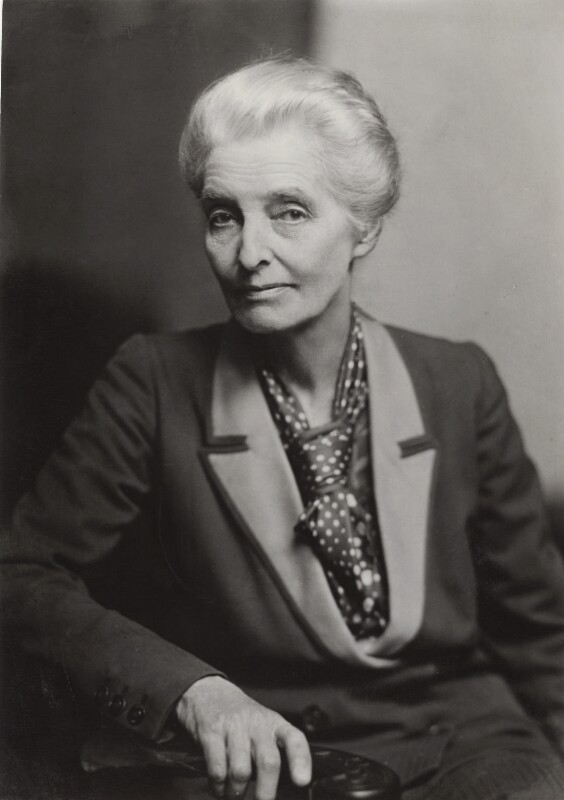Date of Birth: January 22, 1858
Zodiac Sign: Aquarius
Date of Death: April 30, 1943
Biography
Beatrice Potter Webb was an influential English sociologist, economist, social reformer, and a key figure in the development of modern social science. Born on January 22, 1858, in Standish House, Gloucestershire, England, she was the eighth daughter of Richard Potter, a wealthy businessman and railway entrepreneur. Beatrice was educated at home by a series of governesses and tutors before attending a finishing school in France. She is best known for her work on the co-operative movement, her co-founding of the London School of Economics, and her extensive contributions to the Fabian Society, a socialist organization aiming to advance the principles of democratic socialism. Beatrice married Sidney Webb in 1892, and together they became a formidable force in British social policy and economics. Their collaborative works include “The History of Trade Unionism” (1894), “Industrial Democracy” (1897), and “English Local Government” (1906–1909). The couple’s partnership with other intellectuals and policymakers led to significant social reforms, including the establishment of the welfare state. Beatrice’s work was characterized by meticulous research and a deep commitment to improving the lives of the working class. She passed away on April 30, 1943, in Liphook, Hampshire, England.
5 Interesting Facts about Beatrice Webb
1. Beatrice Webb coined the term “collective bargaining.”
2. She was instrumental in founding the New Statesman magazine.
3. Beatrice and Sidney Webb donated their extensive library and papers to the London School of Economics, which now form the core of the British Library of Political and Economic Science.
4. She was deeply involved in the Royal Commission on the Poor Laws and Relief of Distress (1905-1909), which significantly influenced British social policy.
5. Beatrice Webb was the first woman to be elected to the British Academy in 1935.
5 Most Interesting Quotes from Beatrice Webb
1. “Renunciation remains sorrow, though a sorrow borne willingly.”
2. “The inevitability of gradualness.”
3. “The object of government in peace and in war is not the glory of rulers or of races, but the happiness of the common man.”
4. “In the long run, economic inequality is not a condition but a disease.”
5. “Without the co-operation of the people, no government can have authority.”
Highest Net Worth Achieved
Beatrice Webb did not accumulate significant personal wealth due to her focus on social reform and public service. However, she came from a wealthy family and used her resources to support her research and advocacy work.
Children
Beatrice Webb did not have any children.
Relevant Links
1. [Beatrice Webb on Wikipedia](https://en.wikipedia.org/wiki/Beatrice_Webb
3. [Fabian Society](https://www.fabians.org.uk/about/our-history/webbs/


